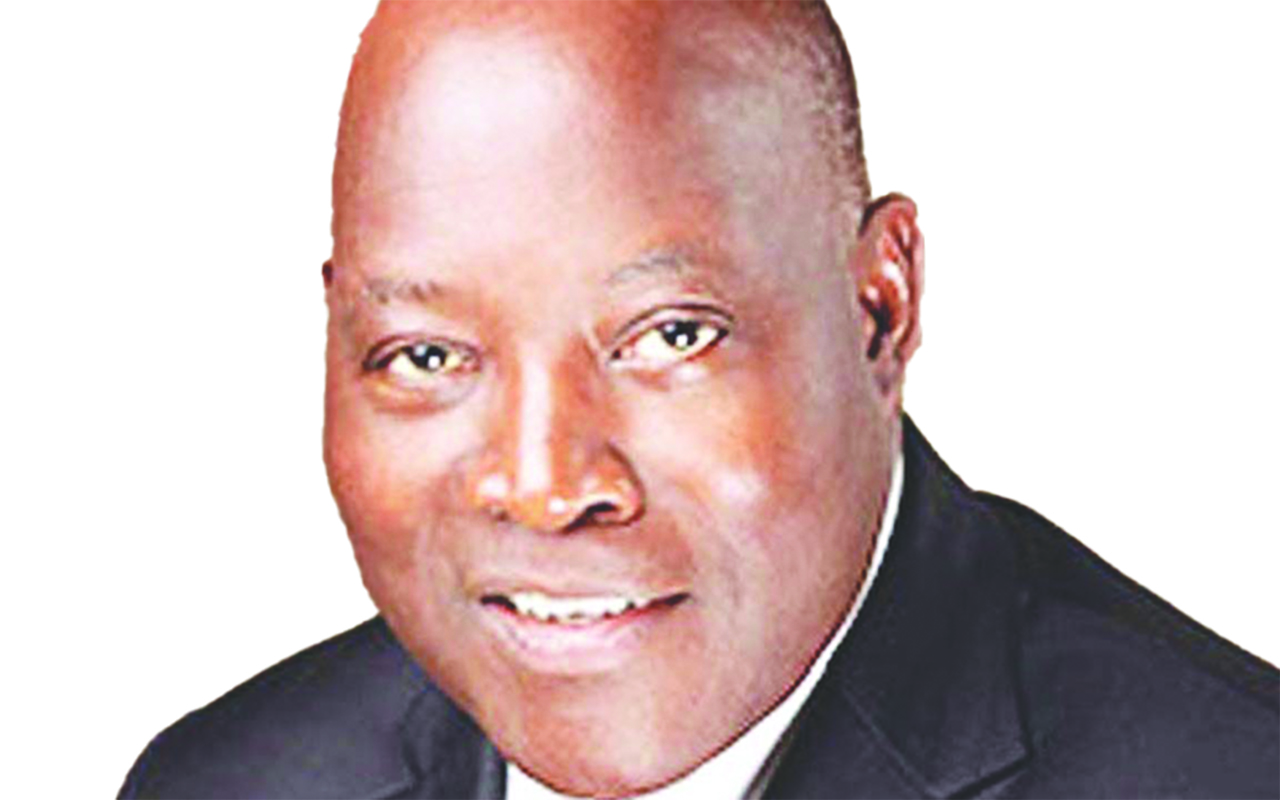Securing admission into a Nigerian university is only the beginning of the struggle for many students. Beyond paying school fees and adjusting to academic life, one of the most pressing challenges is finding safe and affordable housing.
Across the country, the demand for accommodation far outweighs supply. For those unable to secure limited spaces in school-owned hostels, the only alternative is private housing, which often comes at a cost far higher than tuition fees.
The crisis has persisted for years, but it is worsening, as students population grows, landlords raise rent, and government investment in student housing remains stagnant.
Many students and their families now face difficult choices: they are stuck in between paying exorbitant prices to live close to campus, endure poor hostel facilities, or commute long distances each day. The struggle for housing has become as significant as the academic journey itself.
At the University of Lagos (UNILAG), the scale of the problem is clear. The school has fewer than 8,000 official hostel spaces for a student population where nearly 40,000 students are in need of housing. That leaves majority scrambling for alternatives. As a result, many students turn to private hostels where yearly rents range from ₦250,000 to ₦500,000, while some self-contained rooms go as high as ₦800,000. For most families, this is simply out of reach.
The high cost of housing is not just an inconvenience; it also has serious consequences for students’ safety. A campus survey at UNILAG found that 69.2 per cent of students reported experiencing theft, 12.5 per cent had experienced burglary, 20.2 per cent had been harassed, 9.6 per cent had suffered physical attack, and 1.9 per cent reported rape. These figures show that housing insecurity does not only drain students financially but also exposes them to constant danger.
For many students, staying in school hostel is not just about convenience, but also about affordability and security. Yusuf Rasheedat, a student of Kwara State University, Malete, who has lived both on and off campus, said she found life inside the school hostel more manageable compared to renting outside.
“Living inside school is safe, and I don’t have to spend money on transportation,” she explained. She currently lives in a school hostel called General Hostel.
“General Hostel is fun and lively. I stayed outside in 100 and 200 levels, and I was paying ₦180,000 then. But now in the general hostel, I pay ₦80,000 per session for a room of four. Getting a hostel inside school is hard, but if you know people, you will get it.”
Her words reveal how scarcity and connection play a role in deciding who gets hostel accommodation. For students without links or influence, living outside becomes the only option, even when it is not affordable. Mariam Adeshola, also a student of Kwara State University, has lived off campus owing to the unavailability of space in school hostel. She pays high rent yet still faces daily struggles such as lack of water, poor electricity, and insecurity.
“I pay ₦350,000 for house rent, but we still struggle with light. Our hostels even get burgled most times before we resume,” she lamented. This issue of burglary is not only peculiar to KWASU. In August 2025, students of Rivers State University reported thefts and physical attacks in Hostels A and C. In one shocking case, a man emerged from a drainage system attached to the hostel and assaulted a student in the early morning.
These experiences reflect three major problems: affordability, security threat, and the role of influence in securing hostel slots. Those who manage to live in school hostels enjoy relative safety and lower costs, while others outside pay more and still face frequent threats.
At Lagos State University (LASU), the story is similar. When Zainab Adetayo gained admission in 2023, school hostels were not available. She had no choice but to look outside campus. “They just opened the school hostels last year,” she said. “The least you can get outside school is about ₦80,000 per year, and the maximum ranges from ₦800,000 to ₦1 million, especially in areas close to the school gate. My own rent is ₦350,000 per year. I would have loved to stay in the school hostel, but it was not available then.”
For Wuraola Akanni, a first-year student living away from home for the first time, safety and parental preference played a major role in her housing decision. “I had to stay in the school hostel because my parents felt it was more secure than living outside,” she explained. “I really don’t have a choice. We pay ₦352,000 per year for the school hostel, and we are four in a room. I’ve never lived outside before.”
While her parents opted for safety, the cost still placed a burden on her family, showing that even on-campus housing is not always affordable for average Nigerians.
Speaking with The Guardian, a student of Obafemi Awolowo University (OAU), Mercy Olabiyi, lamented the struggle of getting school hostel. She explained that access to hostels is based on luck. “We ballot every session for school hostel,” she said. “If you are lucky, you might get it. I tried for two sessions, but it was always futile. In my first year, I stayed at a private hostel close to campus called Maintenance. The rent was ₦120,000 then, for two people in a room. Before I left, the rent increased to ₦160,000. Some private hostels outside charge up to ₦500,000 for a self-contained room. Meanwhile, our school fee is only ₦35,000 per session. The hostels are not affordable for the average student.”
Even after the struggle of getting a hostel, students who eventually get to secure hostel spaces often deal with overcrowding and poor facilities, complaints of inadequate water supply, broken toilets, and deteriorating infrastructure are also common.
Even where official hostel fees are low, the standard of living remains a major concern. Another OAU student, who pleaded anonymity, explained the state of the school hostel. She lamented the condition of the hostels especially the issue of water and the living condition of students.
“The most prominent problem we face is the water issue. The water is not neat, it’s dam water. The toilets are in terrible condition, especially in Moremi Hostel. At one point, they had to lock a floor because the drainage was blocked. The pipes are old, and if someone flushes upstairs, waste can leak. It’s risky and unhygienic. The hostel fee is ₦50,000 per session, but the conditions are very poor” She said.
Unlike other universities where school owned hostels are sort after because of the amenities and security they offer, the case is different in OAU.
In February 2025, robbers invaded Awolowo Hall, one of the university-owned female hostels, carting away valuables and assaulting students before suspects were arrested. Just three months later, in May, the Students’ Union reported over 30 violent robberies in private hostels and lodges around Ile-Ife within two weeks, leaving one student macheted in the head and many others injured.
These cases show that whether on or off campus, insecurity remains a serious threat to students at OAU. These incidents underline a harsh truth: whether inside or outside school, housing insecurity now comes with real risks to life and safety.
For students at UNILAG, affordability is often complicated by corruption in the housing system. Kemi Ayodele, a 300-level student who settled for going to school from home because of the unavailability of school hostel and high price of private hostels close to school said: “Onike is close to UNILAG, and if you want a good hostel there, it’s ₦800,000 to ₦1 million per year. The school hostel is only ₦80,000, but the chances of getting it are very low. I’ve been trying since 100 level; and now I’m in 300 level, I still haven’t been able to get it. That’s why many people go for private hostels inside the school, built by individuals, and those cost about ₦800,000 to ₦900,000 yearly, with two or more people in a room.
Kemi’s frustration shows another side of the crisis: not only are official slots few, but a secondary market has emerged where hostels are resold at inflated prices. This practice further reduces access for students who cannot afford to pay beyond the official rate. “Students even resell school hostels to each other at ridiculous prices, sometimes ₦300,000 to ₦500,000. The hostel issue is the reason I go to school from home.”
University administrators acknowledge the scale of the crisis but say they lack the resources to fix it. Dean of Student Affairs at the University of Ilorin, Dr. Alex Akanmu, told The Guardian that the housing problem is widespread across Nigerian public universities.
“The housing problem is a reality in Nigerian public universities,” he said. “No university has the capacity to accommodate more than 25 to 30 per cent of its students, currently. At Unilorin, we have not been able to accommodate 30 per cent. That means about 70% of our students lives off campus. It’s a major problem.”
According to him, the challenge is not land, but funding and policy. “It’s not a problem of land,” he explained. “It’s a problem of funds, and also a problem of policy. At Unilorin, we use a PPP arrangement, and even with private investors, we still accommodate less than 30 per cent of our students. The government is not increasing hostel capacity.”
When asked to give solutions to the challenge, he listed private investment, alumni support, and policy reform. His words: “The first solution is to encourage private investors to build hostels on campus. Government alone cannot solve this problem. We need alumni associations, good-spirited Nigerians, and investors. At Unilorin, we already have over 42 investors who have shown interest. This is the way to tackle the crisis.”
He also noted that students and parents prefer campus housing. “Most students would prefer to stay on campus if they had the chance,” he said, “because of security, accessibility to libraries, and general convenience. Parents also prefer this. But the reality is that capacity is low, and that leaves the majority no choice but to live off campus, where they face security risks, poor facilities, and high costs.”
The testimonies of both students and administrators point to a national problem: a mismatch between the rising number of students and the stagnant capacity of school-owned hostels. Nigerian universities continue to admit more students each year, yet the hostels built decades ago remain the same, with little expansion or renovation.
Solving the student housing crisis will require a multipronged approach. From the perspective of university authorities like Unilorin’s Dean of Student Affairs, increasing private sector involvement through public-private partnerships is critical.
With proper regulation, investors could be incentivised to build affordable hostels on university land, while schools maintain oversight to prevent exploitation.
Policy reform is equally necessary. Clear guidelines that regulate hostel pricing, ensure safety standards, and mandate a minimum capacity for public universities could create a stronger foundation for addressing the problem. Without government involvement, the imbalance between growing student numbers and stagnant hostel capacity will only worsen.
University authorities know the crisis exists, but their capacity is limited. Without stronger policies, greater investment, and the active involvement of stakeholders, the dream of affordable student housing will remain out of reach for most.






